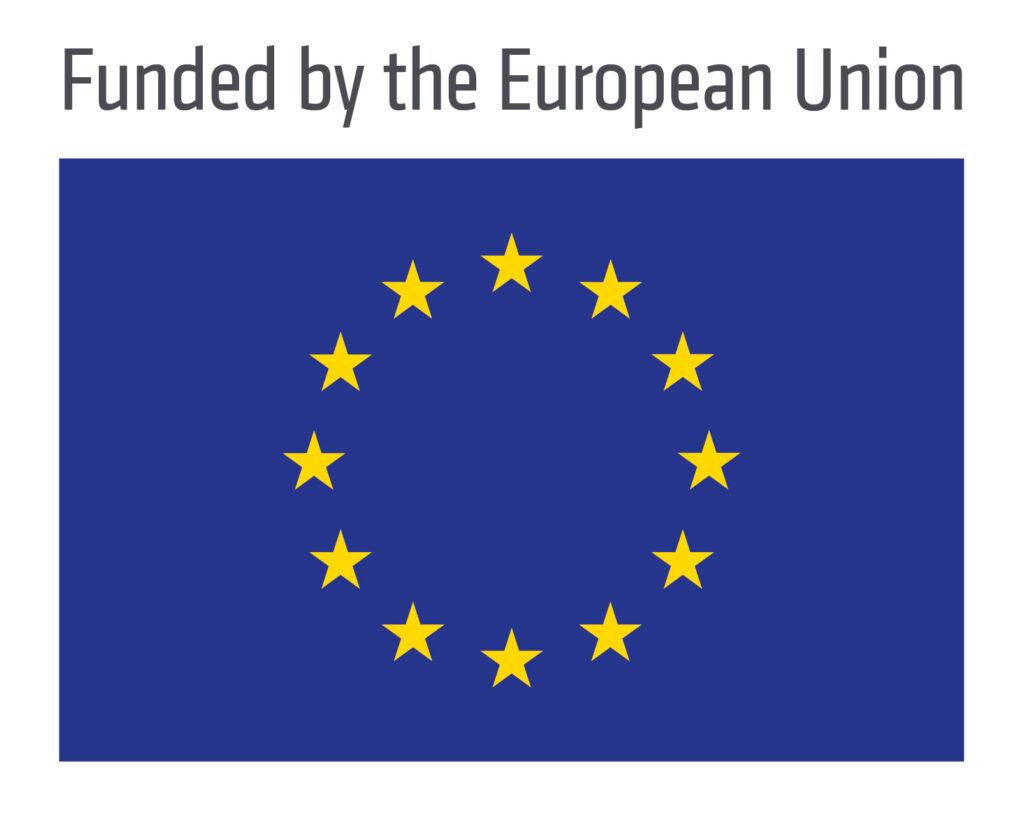Geographic Scope:
- Afghanistan (specific only to virtual MRC Afghanistan)
- Kazakhstan
- Kyrgyzstan
- Pakistan
- Tajikistan
- Uzbekistan
Project Duration: June 2023 – May 2026
The overall objective of the project is to contribute to migrant protection in the target countries covering all phases of (in and out) migration, including countering and preventing irregular migration, trafficking in human beings and smuggling of migrants.
The PROTECT project aims to:
- Improve migration management and migrant protection covering all phases of emigration and immigration in the target countries;
- Enhance awareness on the risks of irregular migration, and facilitate the protection of migrants;
- Support informed migration decision-making at the individual, family and community level, including pre-departure preparation, migration and residence/work abroad, voluntary return and sustainable reintegration.
PROTECT builds upon and continues on the progress made under the EU-funded project Improving Migration Management in Silk Routes Countries implemented by ICMPD from 2017-2022.
There are two components for the project.
Component 1 – Migration governance
The specific objectives of this component is to contribute to the improvement of gender-sensitive and rights-based migration governance at national levels by strengthening policy frameworks and capacities of public authorities to better manage migration and mobility in all their dimensions. The capacities of public authorities in the targeted countries to develop, implement and evaluate migration- and mobility-related frameworks, including at policy, legislative and institutional levels are to be increased.
Technical assistance activities may take the form of support in developing specific deliverables (e.g. draft laws/regulations, draft policies/strategies, manuals and handbooks, guidelines on specific topics), policy workshops, information exchange sessions, assessment missions and reports, study visits, etc.
The main target groups/duty-bearers of this Component are the ministries and other state agencies responsible for migration management and migrant protection (including labour migration, return and reintegration, prevention of irregular migration, and other cross-border crimes), labour market regulation, social protection, education and vocational training, and issues related to the situation of women, families and youth.
Component 2: Migrant Resource Centres (MRCs)
Migrant Resource Centres (MRCs) are, among others, anchored on gender-responsive and human rights based approaches, to enable potential and departing migrants make informed decision about migration by increasing their accessibility to and understanding of general and specific information on migration.
MRCs raise awareness on safe, regular and orderly regular migration pathways by presenting the consequences, costs and dangers of irregular migration, trafficking of human beings and smuggling of migrants. They also disseminate information on existing programmes and services provided by government agencies and other service providers in both countries of origin and destination to migrants (departing, in-service and returning) and enabling them to access these, address their concerns and grievances, and protect their rights and well-being.
The main target groups of this Component will be migrants (aspiring, potential, departing, in-service, in-transit, on the move), their families and communities as well as returnees.
The project is funded by the European Union.

